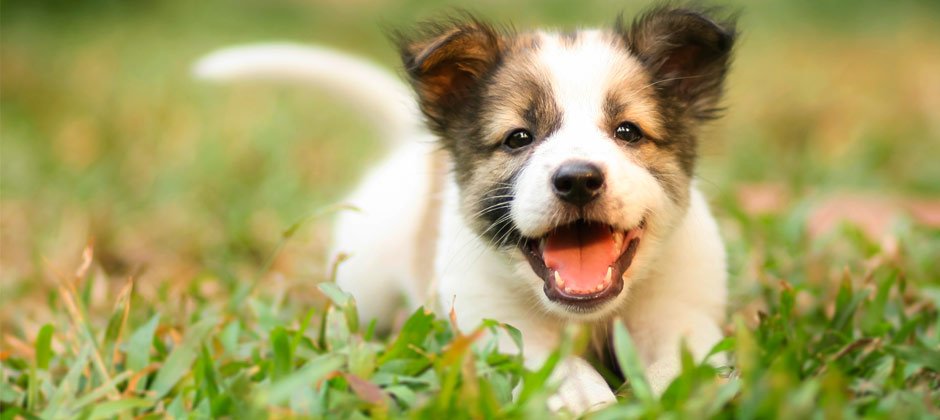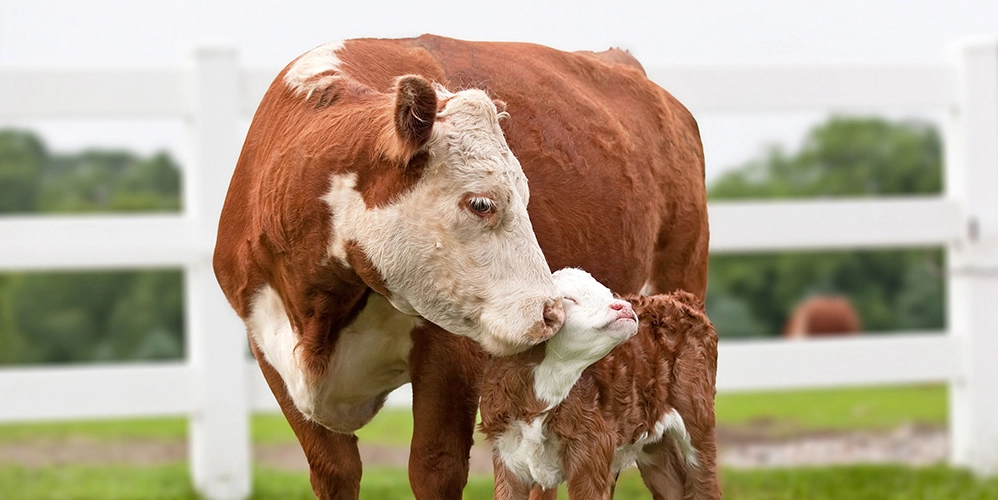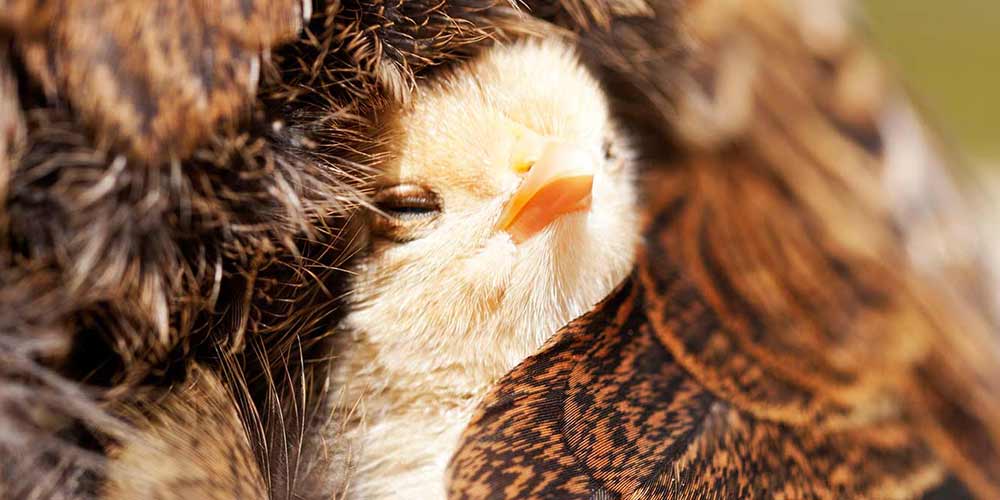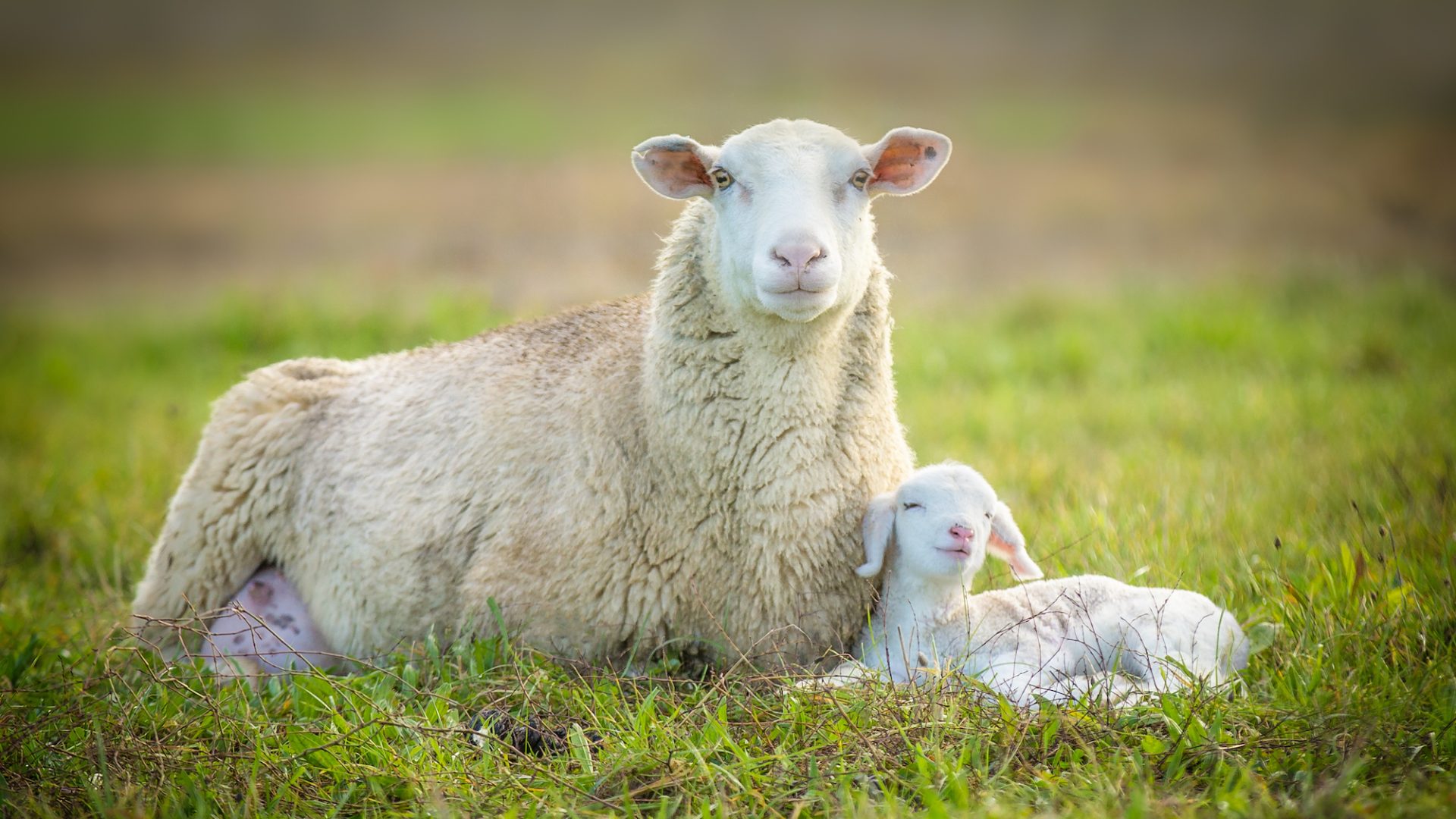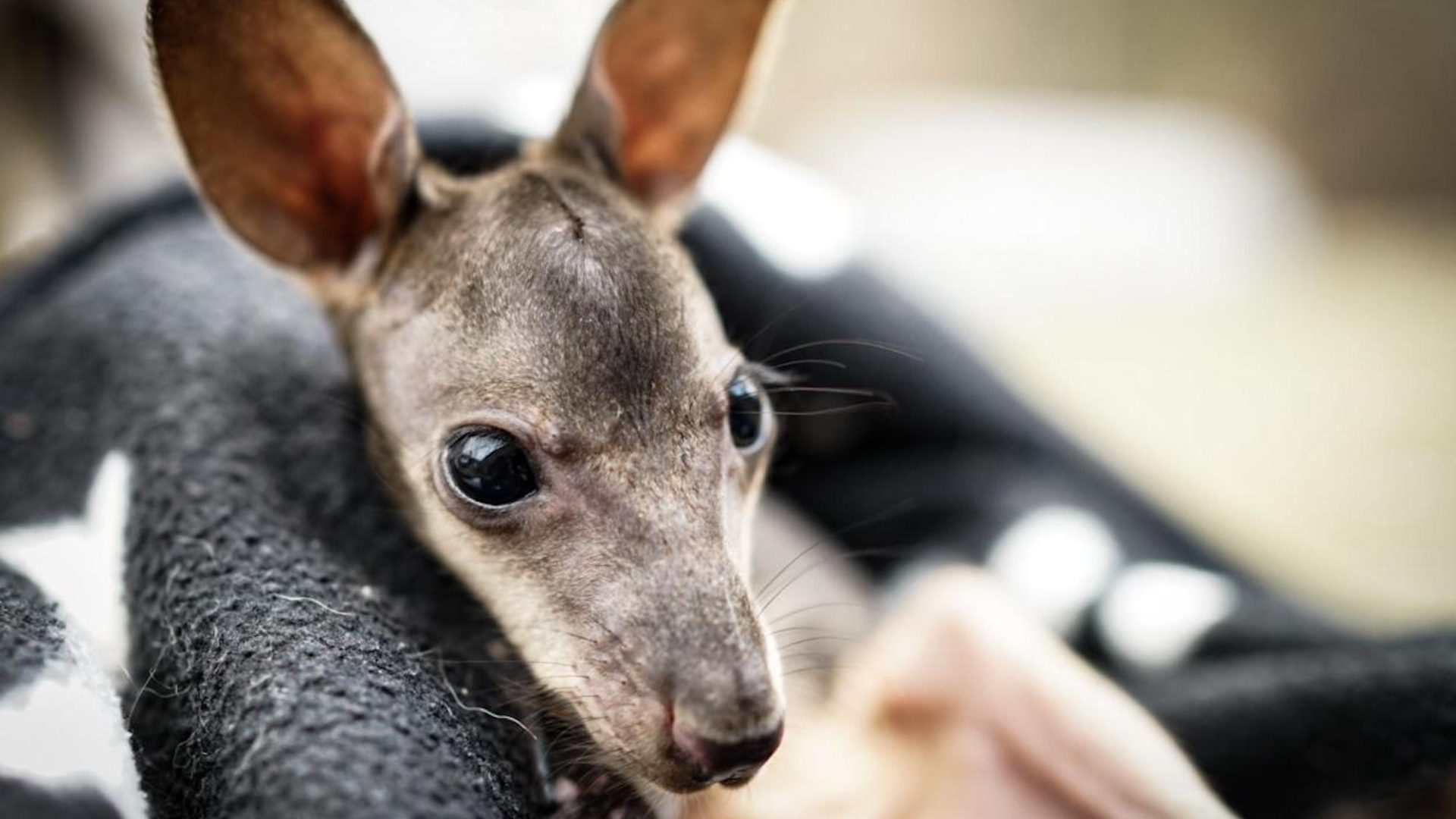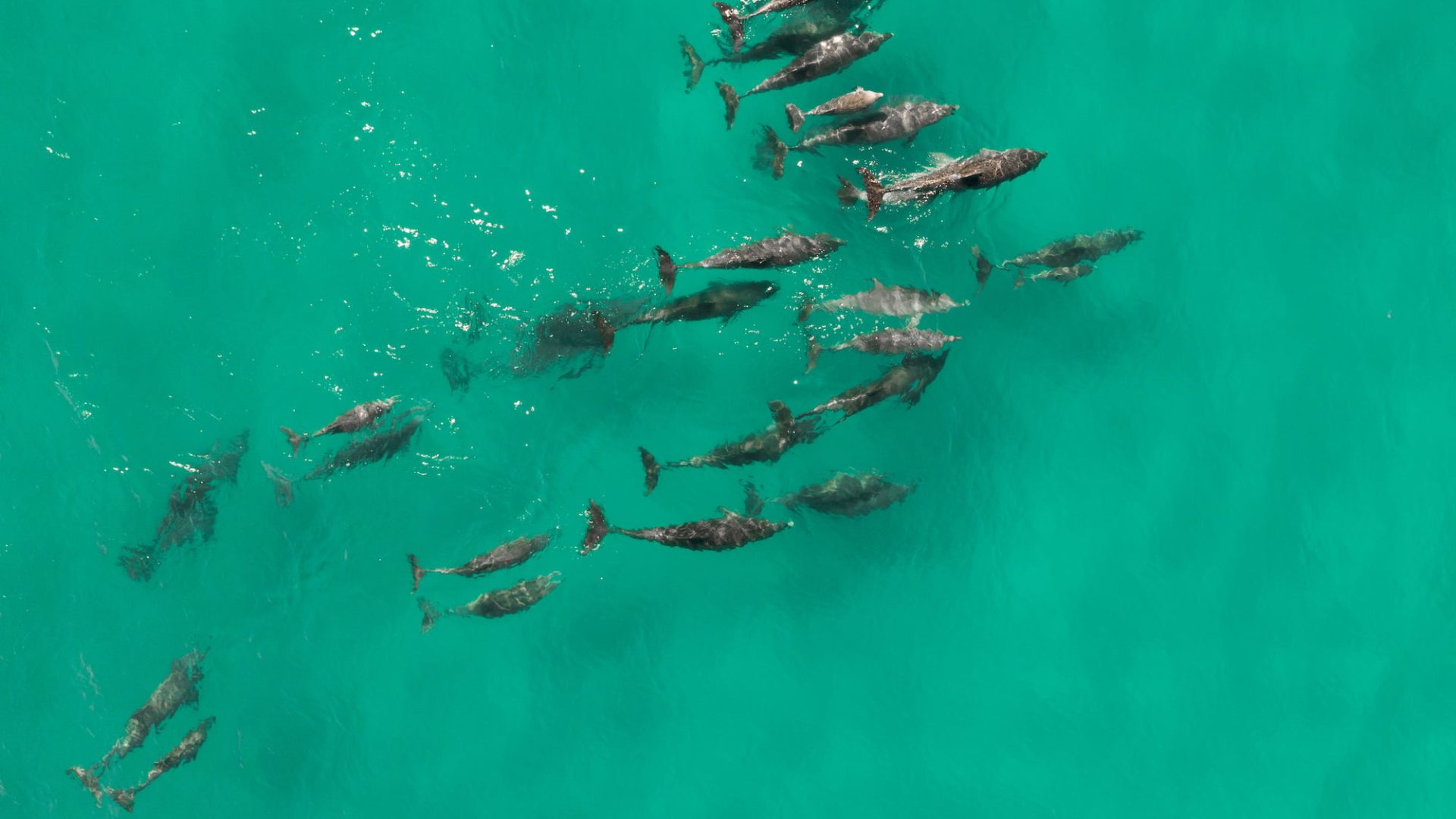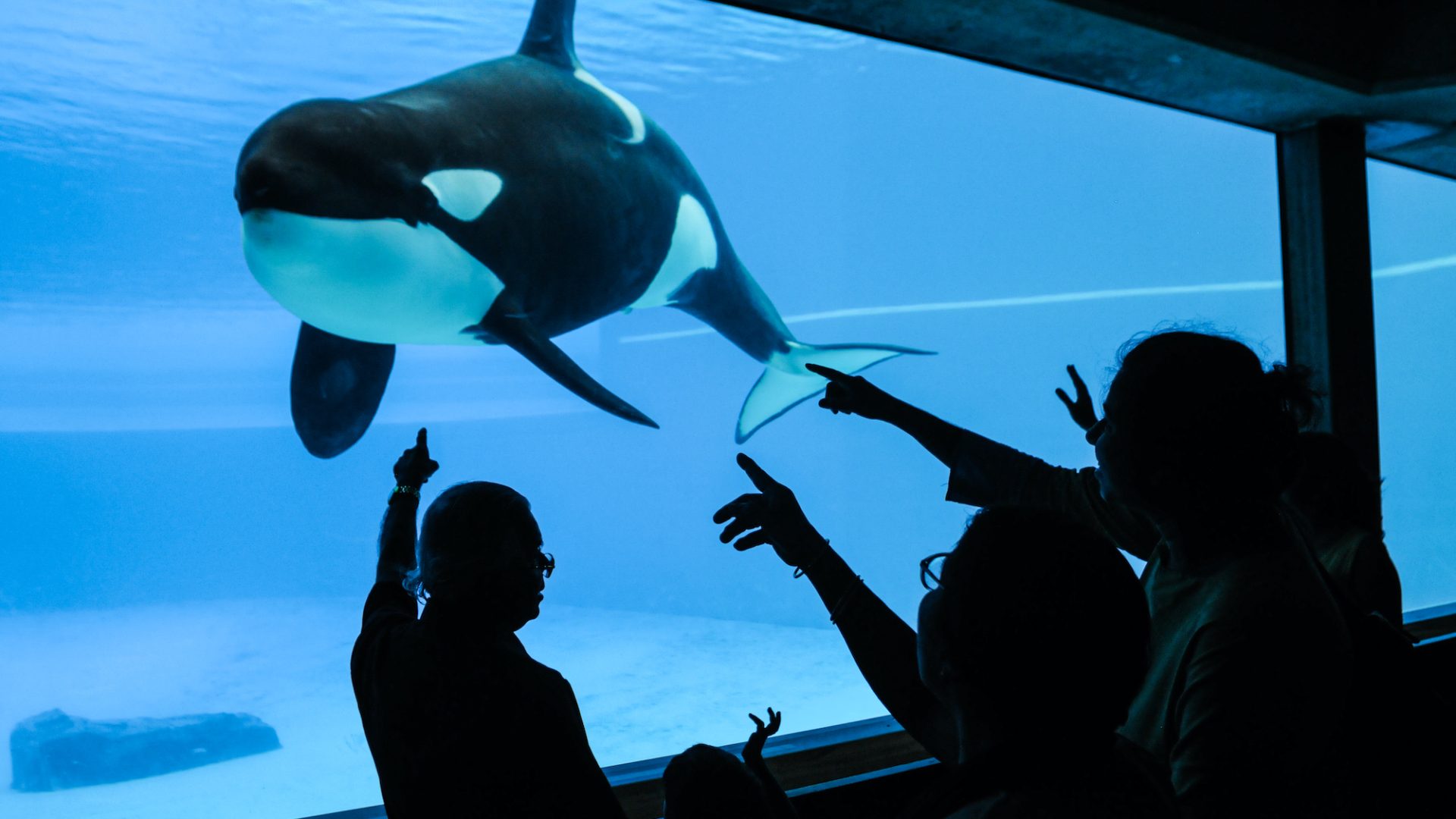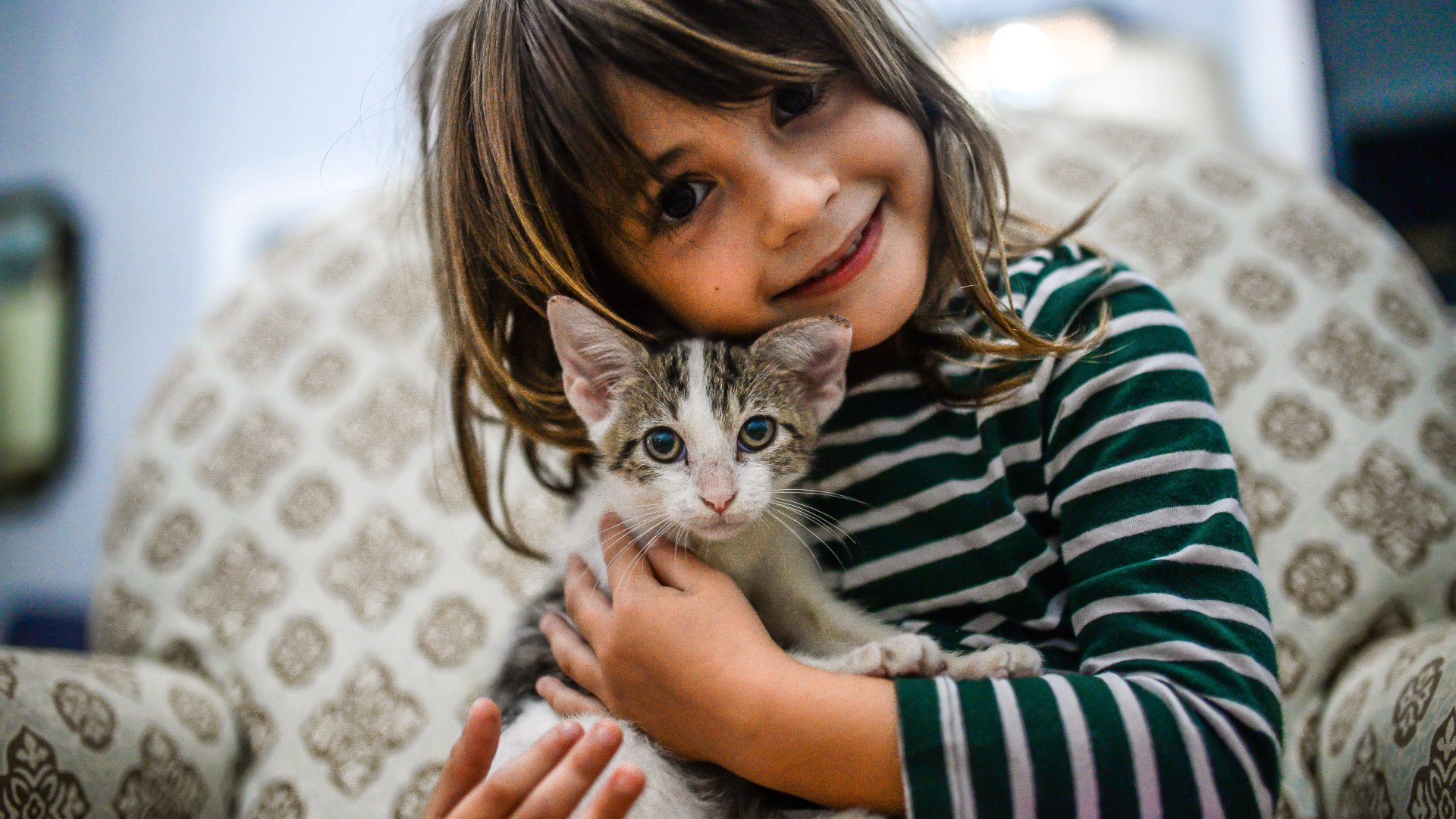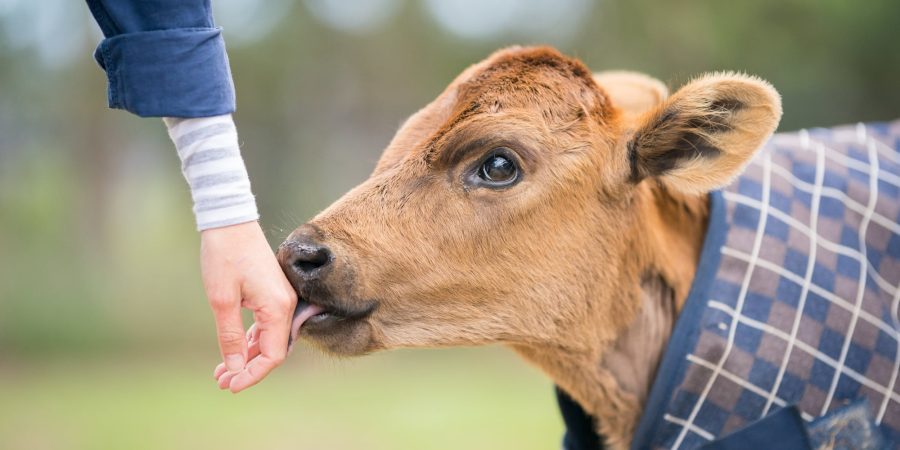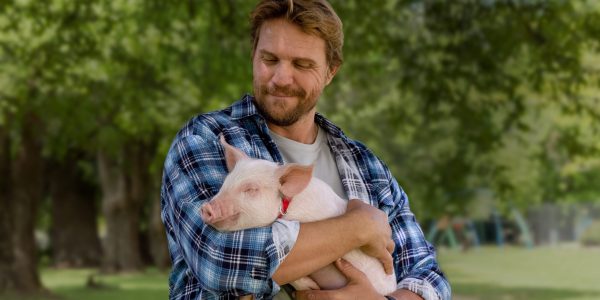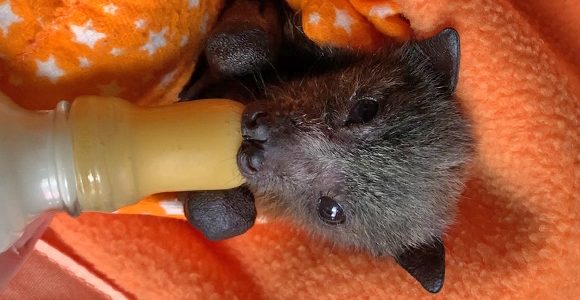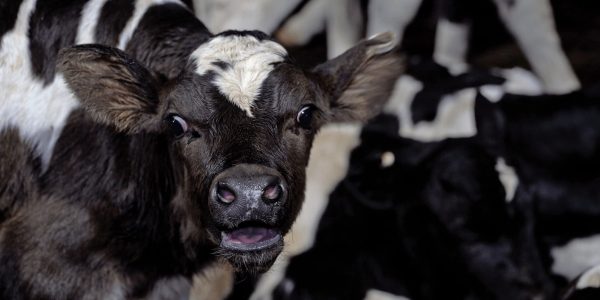How would you feel if you were forced to wear clothes chosen by your mother … for your entire life? What if you also inherited your career? Taste in music, movies, books? Your political views? Not sounding likely?
Personal choice helps define us. It empowers us to live our values. So it may come as a surprise to realise that there are some simple choices with profound consequences that most of us inherited, without noticing, from our parents, communities and cultures. These are the same choices our parents unwittingly inherited from their parents — who inherited them from theirs …
Categorising some animals as ‘friends’ and others as ‘food’ or ‘entertainment’ was not something most of us consciously chose to do. These categories became an unquestioned norm; but every day, more people are starting to question this. The great news is that it’s never too late to make a difference. You’re about to discover how to take back your power, and make truly informed choices that are in line with your own values.

